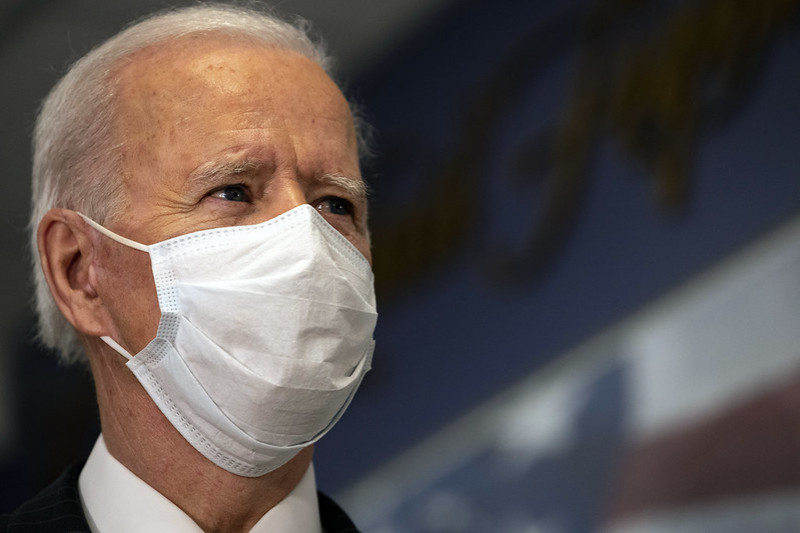
Albert Mohler, an author and seminary president, charts President Joe Biden's transition from "personally pro-life" to abortion, a scenario Mohler refers to as a "profile of moral collapse."
Biden's progress from someone who declares himself to be "personally pro-life" and supports abortion limits to a politician who now fights common pro-life measures, such as a ban on public financing of abortion, is detailed in a recent piece by Mohler.
Mohler cited Biden's previous comments and views on abortion from 1976 to the present, starting with his vote in the Senate to ban public financing for abortion in 1976, when he joined a majority of his colleagues.
In 1983, Biden opposed a motion that allowed government workers to use their health insurance for abortion services.
"Abortion is wrong from the moment of conception," he told a Catholic publication back in 1986.
In a letter to constituents delivered in 1994, he said, "Those of us who are opposed to abortion should not be compelled to pay for them."
Biden was also cited as stating in 2008 that "I'm prepared as a matter of faith to accept that life begins at the moment of conception."
Toeing the line of moderation
Joe Biden admitted to CNN in 2006, while still a member of the United States Senate, that "he was the odd man out" among Democrats on the subject of abortion. He said that he was in favor of banning abortion and of prohibiting government financing for abortions.
"I do not vote for federal funding for abortion. I voted against partial birth abortion to limit it, and I vote for no restrictions on a woman's right to be able to have an abortion under Roe v. Wade," he said.
In 2007, Biden released Promises to Keep, a New York Times best-seller that foreshadowed his 2008 bid for the Democratic presidential nomination. He identified himself as an opponent of abortion and a moderate. "I refuse to impose my beliefs on other people," he said.
Joe Biden reiterated his support for the Hyde Amendment on June 5, 2019. But on June 6, twenty-four hours later, Joe Biden made a full 180.
"If I believe healthcare is a right, as I do, I can no longer support an amendment that makes that right dependent on someone's zip code," he said.
By 2016, the Democratic Party had campaigned for the repeal of the Hyde Amendment, as well as opposition to any abortion bans in the United States.
"In other words, even as Biden had claimed intellectual consistency over political expediency, he surrendered a nearly fifty-year-old core conviction-and he did so, to be clear, because he so desperately wanted the 2020 nomination," Mohler commented.
"Once it became clear that he would not be allowed within 100 yards of the Democratic nomination for president while clinging to Hyde, he sang a different tune, coming out as aggressively opposed to the Hyde Amendment," he added.
Upon assuming the presidency, Biden immediately began signing executive orders that were supported by pro-abortion activists.
Just last week, Christian Headlines reported that Biden no longer believes that life starts at conception, which is a total turnaround of his previous stance.
Following a question on whether or not his administration would try to stop the Texas law that bans abortion at the federal level, Biden, a professing Catholic, said:
"I respect those who believe life begins at the moment of conception. ... [I] don't agree, but I respect that."
Additionally, the president said that the Justice Department is exploring methods to curtail or prevent Texas' new heartbeat abortion law from going into force.
"This sad story is not just about an American politician's compromise," Mohler clarified. "It is not even just the story of an American president and his political 'evolution.'"
"The story of Joe Biden raises important questions we all must answer: How will we define when human life begins? Will we stand upon that conviction, no matter the cost?"























